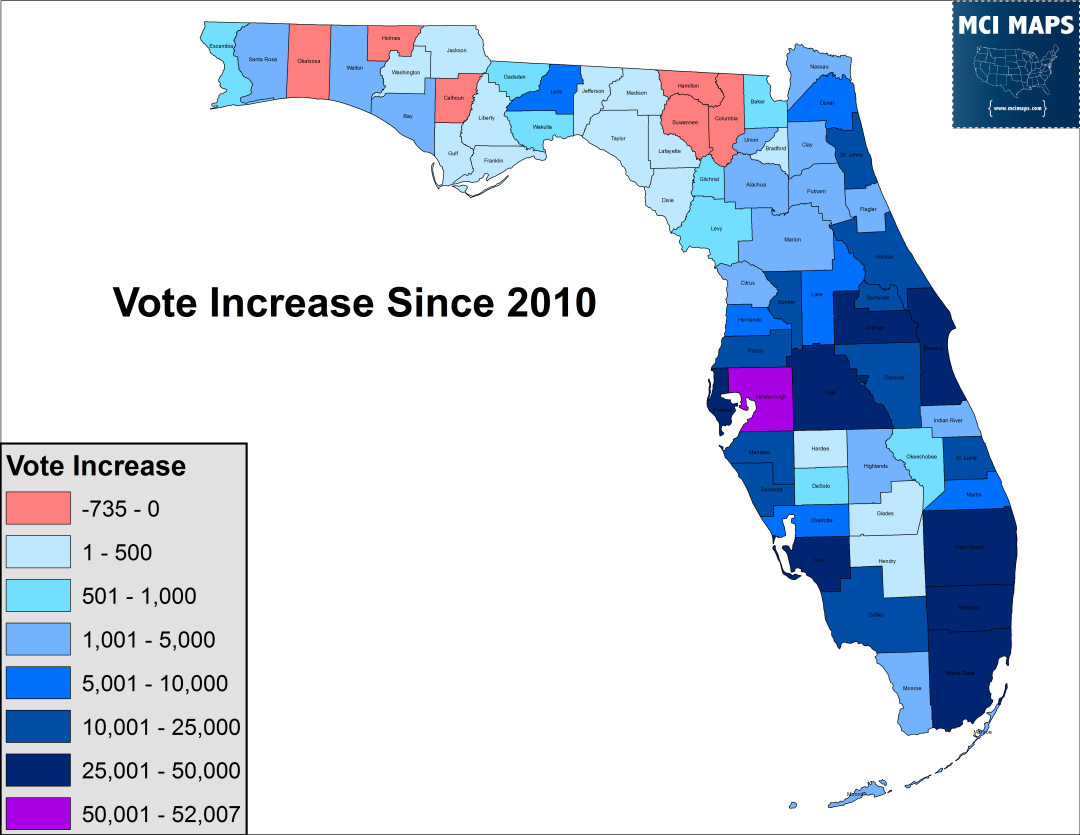

Witkowski said the research doesn’t point to reasons for the differences between men and women. The survey found 63% of men support legalization, compared to 57% of women. Support for legalizing recreational marijuana was 6 percentage points higher among men than among women. “We expected it to be a lot lower, frankly,” she said, describing it as “a coin toss about whether a Republican going to the polls would support recreational marijuana.” Gender It may not be the case among Republican voters.” Witkowski said Republicans’ support for legalizing recreational marijuana was less than she expected before the survey, especially because the strongest political opposition from elected officials is from Republican officeholders who say “it’s not something that we want in our state. Independents (59%) were almost exactly between people who identified with one of the two parties. Support for legalizing recreational marijuana was much higher (71%) among Democrats than among Republicans (49%). “That narrative was something they grew up with and there’s less acceptance.” Political affiliation

The thought of doing it wasn’t something that crossed their minds,” she said. They may not “see it or know of anyone who uses it or they were kind of brought up in this realm where it was very illegal. Then-President Richard Nixon launched the war on drugs in 1971, proclaiming drug abuse as “public enemy number one.” In 1986, then-first lady Nancy Reagan and President Ronald Reagan kicked off her “Just Say No” to drugs campaign. They would have been born from 1959 to 1968 - and come of age during an era of heavy anti-drug messaging. Senator issues grave warning about threat from China.Īnd, she said, it could be a product of the times people between 55 and 64 were in during their formative years. Marco Rubio watches ‘Swamp Kings’ instead of presidential debate. “They’re still not in that group where they might have that access or that need.” Related Articles The next younger group, with the lowest support for legalization, may not yet be using medical marijuana to the extent older people are. “A lot of older adults might be turning to medical marijuana, especially given that we’re trying to reduce the amount of pain medications that we’re giving, especially on a long-term basis.” Witkowski said it’s possible that the oldest group may include more people who have experience with medical marijuana that they’ve been prescribed for medical conditions. Those aren’t large enough to be statistically significant, but it’s notable that the youngest group has slightly lower support than the others. Only 44% supported legalization - the only age group that was below 50%.Īmong the oldest group of surveyed Floridians, 65 and up, support stood at 52%.Īmong those aged 45-54, it was 60% - the same as the overall average among all age groups. The age group with the significantly lowest support for legalizing recreational marijuana is aged 55 to 64. But there isn’t a straight line that some might expect with highest support among the youngest people surveyed to lowest support among the oldest. Overall, Floridians under age 45 were significantly more supportive than people 45 and older. “I think the age (difference) is probably the most interesting factor here,” said Kaila Witkowski, an assistant professor at FAU, where she studies health policy, especially the epidemic of overdoses and how legalization of different drugs affects people, perceptions, and recovery efforts. The survey found some notable differences based on age. The referendum must get approved by the Florida Supreme Court, and Attorney General Ashley Moody has asked the court to keep it off the ballot.


 0 kommentar(er)
0 kommentar(er)
